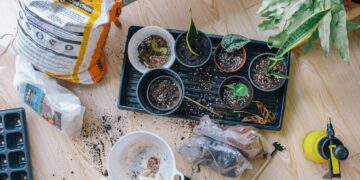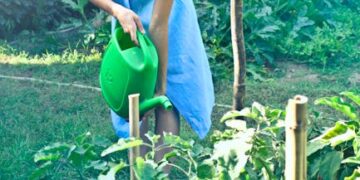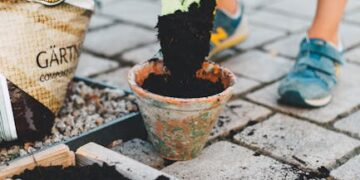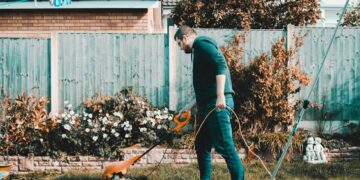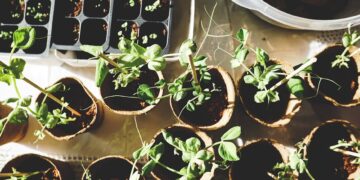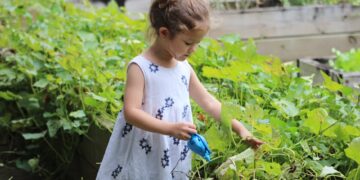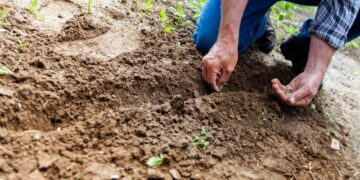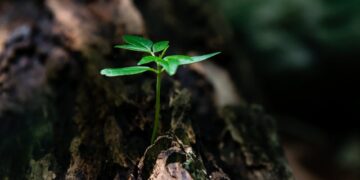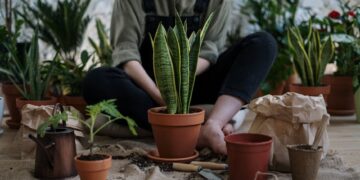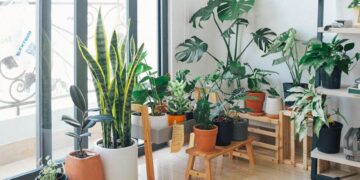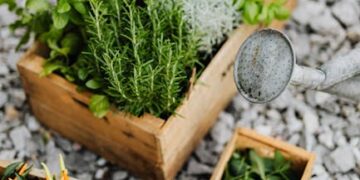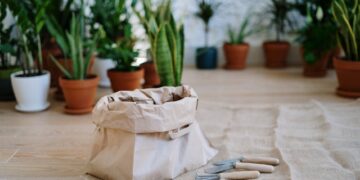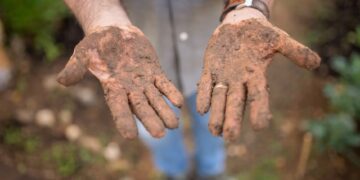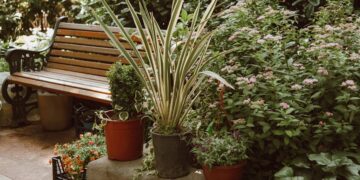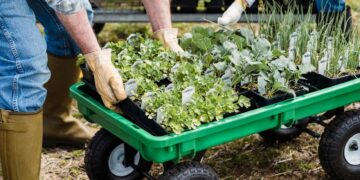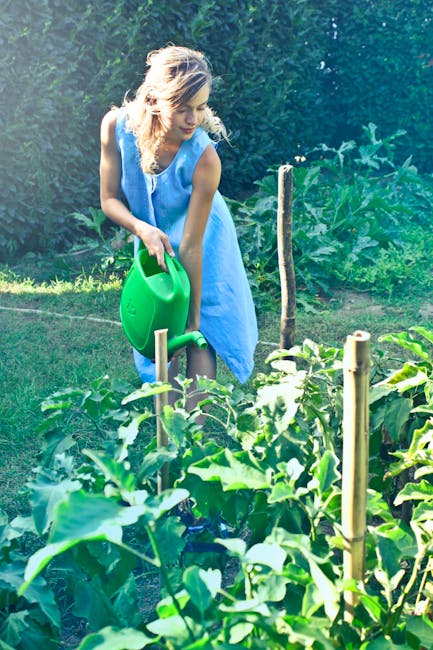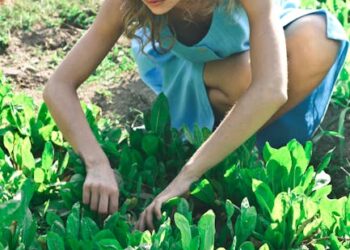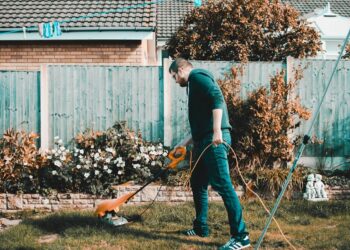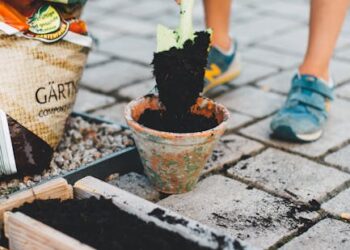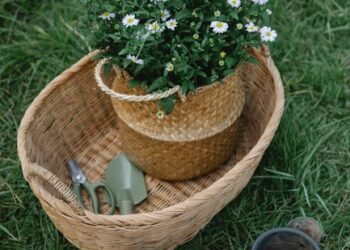Embracing Renewable Resources in Gardening
As the world pivots towards sustainability, the focus on using renewable resources in various aspects of life has intensified, including in the realm of gardening. This guide dives into the heart of eco-friendly gardening by utilizing renewable resources effectively to create a garden that not only blooms but also sustains ecological balance.
What Are Renewable Resources in Gardening?
Renewable resources in gardening are materials and methods that can be replenished naturally over short periods and don’t deplete the Earth’s resources. These include solar energy, rainwater, organic waste for compost, and more. By integrating these resources, gardeners can minimize environmental impact while fostering a healthy, thriving garden ecosystem.
Benefits of Using Renewable Resources
The adoption of renewable resources in garden management offers a plethora of benefits, both ecological and economical. Here are a few:
- Sustainability: Reduces the carbon footprint by using less fossil fuel and lowering reliance on non-renewable energy sources.
- Cost-Effectiveness: Utilizing free natural resources like sun and rain reduces money spent on electricity and water.
- Soil Health: Organic compost improves soil structure, nutrient content, and decreases dependence on chemical fertilizers.
- Wildlife Support: Sustainable practices attract beneficial insects and wildlife, enhancing biodiversity.
Practical Ways to Use Renewable Resources in Your Garden
Implementing renewable resources in gardening is easier than it might seem. Here are actionable ways to incorporate these eco-friendly practices:
Solar Power
Make the most out of sunny days! Solar energy can be harnessed in several ways:
- Solar-Powered Tools: Invest in solar-powered gardening tools to reduce reliance on electricity.
- Solar Lights: Illuminate your garden paths with solar lights. They store energy during the day and light up at night without any electricity, enhancing both beauty and functionality.
Water Management
Water is a precious commodity. Here’s how to use it wisely:
- Rainwater Harvesting: Set up rain barrels to collect rainwater. Use it to water your garden, reducing the demand on municipal water systems and your utility bills.
- Drip Irrigation: Consider a drip irrigation system that delivers water directly to the roots of the plants, where it’s most needed. This method is highly efficient, conserving water and reducing evaporation.
Composting
Turning kitchen and garden waste into compost is a stellar example of recycling:
- Setup a Compost Bin: Allocate a space for a compost bin in your garden. Add your organic waste, and let nature do the rest. The result is rich, nutrient-packed soil that greatly benefits your garden beds.
Overcoming Challenges
While the benefits are numerous, using renewable resources can come with challenges:
- Initial Setup Costs: Some systems, like solar panels and drip irrigation, require an upfront investment. However, the long-term savings and environmental benefits justify the initial expenditures.
- Maintenance: Equipment like solar panels and compost bins require regular maintenance, which might seem daunting, but routine checks can make it manageable.
Frequently Asked Questions
Is solar energy reliable enough for garden use?
Yes! Solar energy is quite reliable, especially in areas that receive ample sunlight. With advancements in technology, even less sunny regions can benefit from solar power with high-efficiency panels.
Can I use compost for all types of plants?
Absolutely, compost can be tailored to suit different types of plants by adjusting the balance of materials used in your compost bin. Whether it’s acid-loving plants or vegetable gardens, compost can support diverse plant needs.
How much water can I really save by using rain barrels?
It’s impressive how much water one can save. A single rain barrel can save approximately 1400 gallons of water during the peak summer months. Using collected rainwater can significantly reduce the strain on municipal systems and lower water bills.
Final Thoughts
Embracing renewable resources in gardening isn’t just a trend—it’s a practical approach to responsible gardening. By implementing thoughtful, renewable practices, gardeners can enjoy lush, fruitful gardens that are economically efficient and environmentally friendly. Start small, perhaps with a simple rain barrel or a solar garden light, and expand as you become more comfortable and capable. The impact will be beneficial not only for your garden but for the planet as a whole.
Ready to begin your sustainable gardening adventure? Remember, every small step counts toward a healthier, greener earth. Happy gardening!

